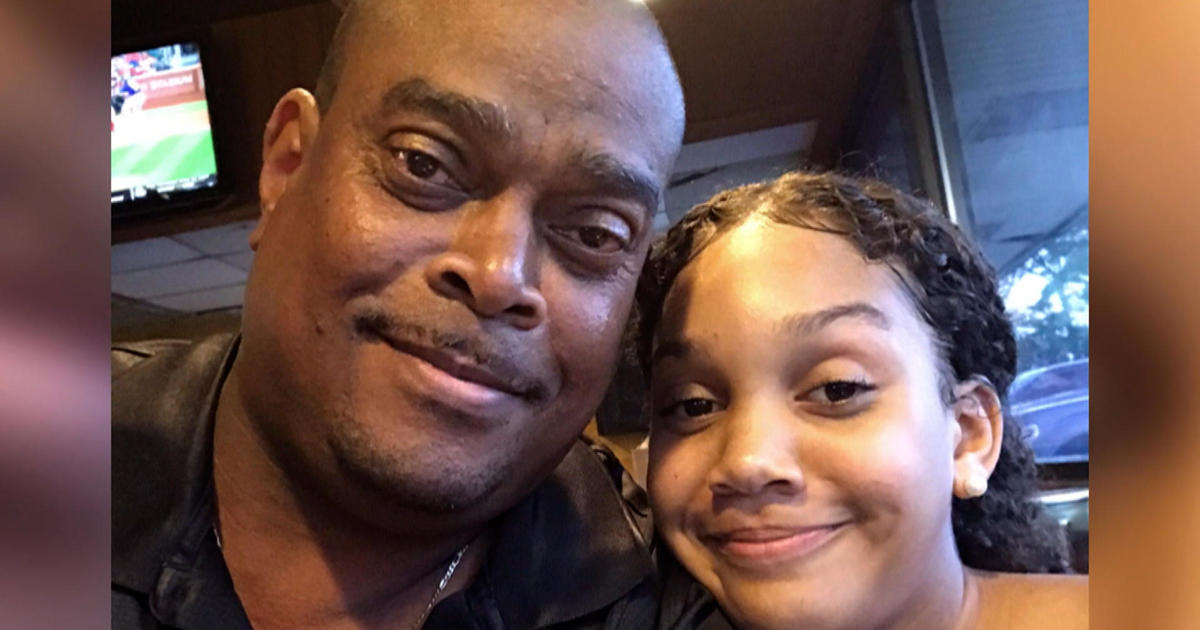Englyn Roberts was the baby in a large family, the center of her parents Toney and Brandy’s world. But Englyn’s life online told a different story. As the pandemic dragged on, Englyn wrote about struggles with self-worth, relationships, and mental health.
One August night in 2020, just a few hours after Toney and Brandy kissed their 14-year-old daughter goodnight, Brandy received a text from a parent of one of Englyn’s friends who was worried about Englyn and suggested they check on her.
“We went upstairs, and we checked, and her door was locked,” Toney told 60 Minutes correspondent Sharyn Alfonsi. “That was odd, so I took the key from the top and we opened the door and no Englyn.”
“And when I turned around that’s when I found her,” Toney said. “When you find your child hanging, and you are in that moment in disbelief, just no way. Not our baby. Not our child. Ultimately, I fault myself.”
“Why do you fault yourself?” Alfonsi asked.
“Because I’m dad,” Toney said. I’m supposed to know.”
Prior to that night, Toney Roberts never knew his daughter was depressed. He started connecting the dots after the so-called “Facebook Papers” were disclosed by whistleblower Frances Haugen last year.
Digging through his daughter’s phone for answers, he found an Instagram post sent to Englyn from a friend.
“There was a video,” Toney said. “And that video was a lady on Instagram pretending to hang herself, and that’s ultimately what our child did. You ask yourself, how did she come up with this idea? And then when I did the research, there it was. She saw it on Instagram. It was on her phone.”
“If that video wasn’t sent to her, because she copied it, she wouldn’t have had a way of knowing how to do that certain way of hanging yourself,” mom Brandy Roberts said.
Nearly a year and a half after Englyn’s death, that hanging video was still circulating on Instagram, with at least 1,500 views. Toney Roberts said it was taken down in December 2021. The Roberts family is suing Meta, the parent company of Instagram.
“If they, so-call, monitor and do things, how could it stay on that site?” Toney asked. “Part of their policies says they don’t allow for self-harm photos, videos, things of that nature. So who’s holding them accountable?
Meta declined 60 Minutes’ request for an interview, but its global head of safety, Antigone Davis, said “we want teens to be safe online” and that Instagram doesn’t “allow content promoting self-harm or eating disorders.” They also said Meta has improved Instagram’s “age verification technology.”
But when 60 Minutes ran a test two months ago, a producer was able to lie about her age and sign up for Instagram as a 13-year-old with no verification. 60 Minutes was also able to search for skinny and harmful content. And while a prompt came up asking if we wanted help, we instead clicked “see posts” and easily found content promoting anorexia and self-harm.
For all the latest Automobiles News Click Here
For the latest news and updates, follow us on Google News.

